The Gubbio Prize is the most important Italian award for projects and reuse plans that intervene on the existing heritage, in cities and territories of historical interest. It is awarded to designers, public authorities and private operators who implement them as executors or promoters. It is conferred by ANCSA, the National Association of Historic-Artistic Centers, which has been for more than 60 years now a leading actor in the debate and design reflection on these issues, in Italy and in Europe.
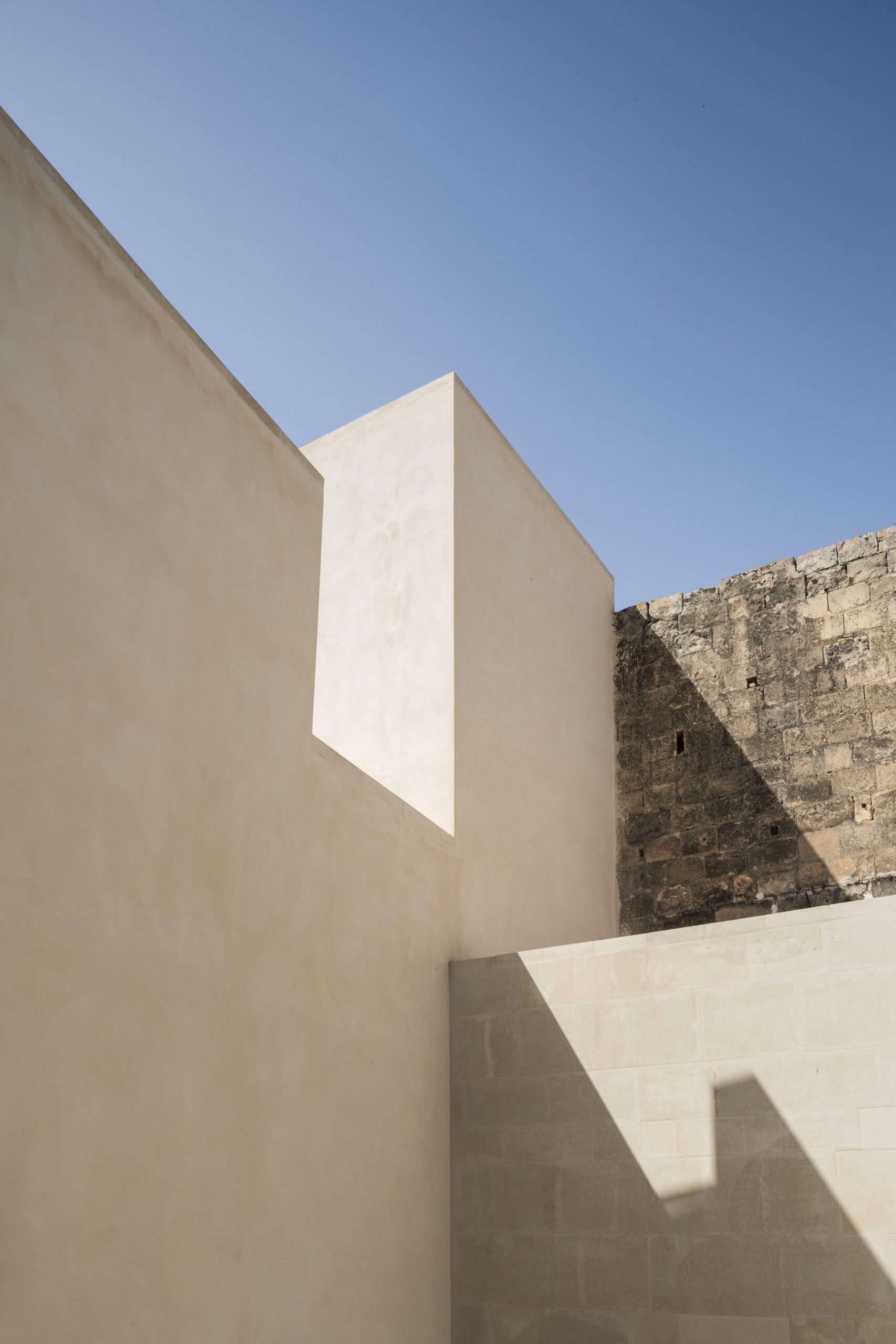






A selection of projects submitted to the Gubbio Prize 2024.
Arrigoni Architetti, Winners of the Italian Section (© D. Borruto);
Carlana Mezzalira Pentimalli, Honorable Mention in the Italian Section (© M. Cappelletti);
KAUH Arquitectura y Paisajismo, Winners of the Italian Section (© F. Alda);
Niall McLaughlin Architects and Purcell, Honorable Mention in the European Section (Courtesy Niall McLaughlin Architects);
MADE Arhitekti, Honorable Mention in the European Section (© M. Kuplä, MADE Arhitekti);
Valentina Rodani, Winner in the University Section, PhD Thesis;
Ilaria Maurelli, Winner in the University Section, Master Thesis.
The Gubbio Prize was established in 1990 and is awarded every third year. It is structured in three sections: Italian, European and University. Mario Botta, Juan Navarro Baldeweg, Renzo Piano, Philippe Prost, Alvaro Siza, West 8, Whiterford Watson Mann, as well as the municipalities of Bologna, Florence, Grenoble, Naples, Pisa, Venice, and many others have been awarded over the past three decades. Designers, critics, historians, and researchers from all over Europe have participated in the various editions of the Gubbio Prize as external advisors or jury members: Nina Bassoli, Benoît Burquel, Orazio Carpenzano, Nadia Casabella, Liene Jakobsone, Baptiste Manet, Sara Marini, Luca Molinari, Manuel Orazi, Giulia Ricci, Valentina Silvestrini, and Ina Valkanova, among others.
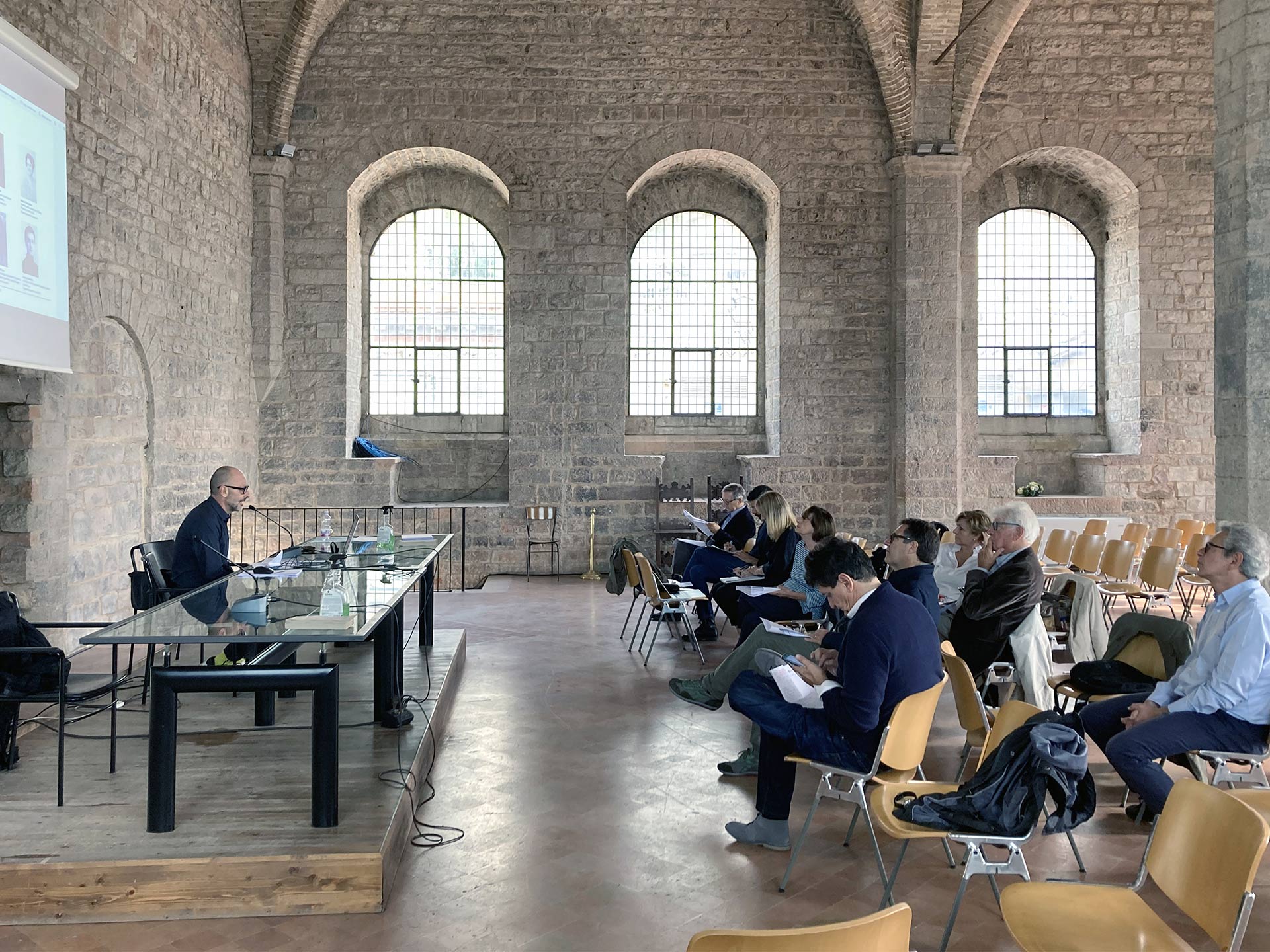
The Gubbio Prize juries are held in September at the Palazzo del Podestà, headquarters of the Gubbio City Council. In this image, a moment of the 10th edition’s juries, in 2018. © ANCSA
Each edition of the Gubbio Prize takes place over the course of a year. A selection of Italian and European external advisors and jury members, who are experts in the themes of the prize, support ANCSA in identifying the participants and defining the winners. The public award ceremony, held in Gubbio in December, also includes an exhibition of the winning projects, set up in the cloister of the Biblioteca Sperelliana. The results of the prize are collected in a catalog published in the ANCSA Documenti series.

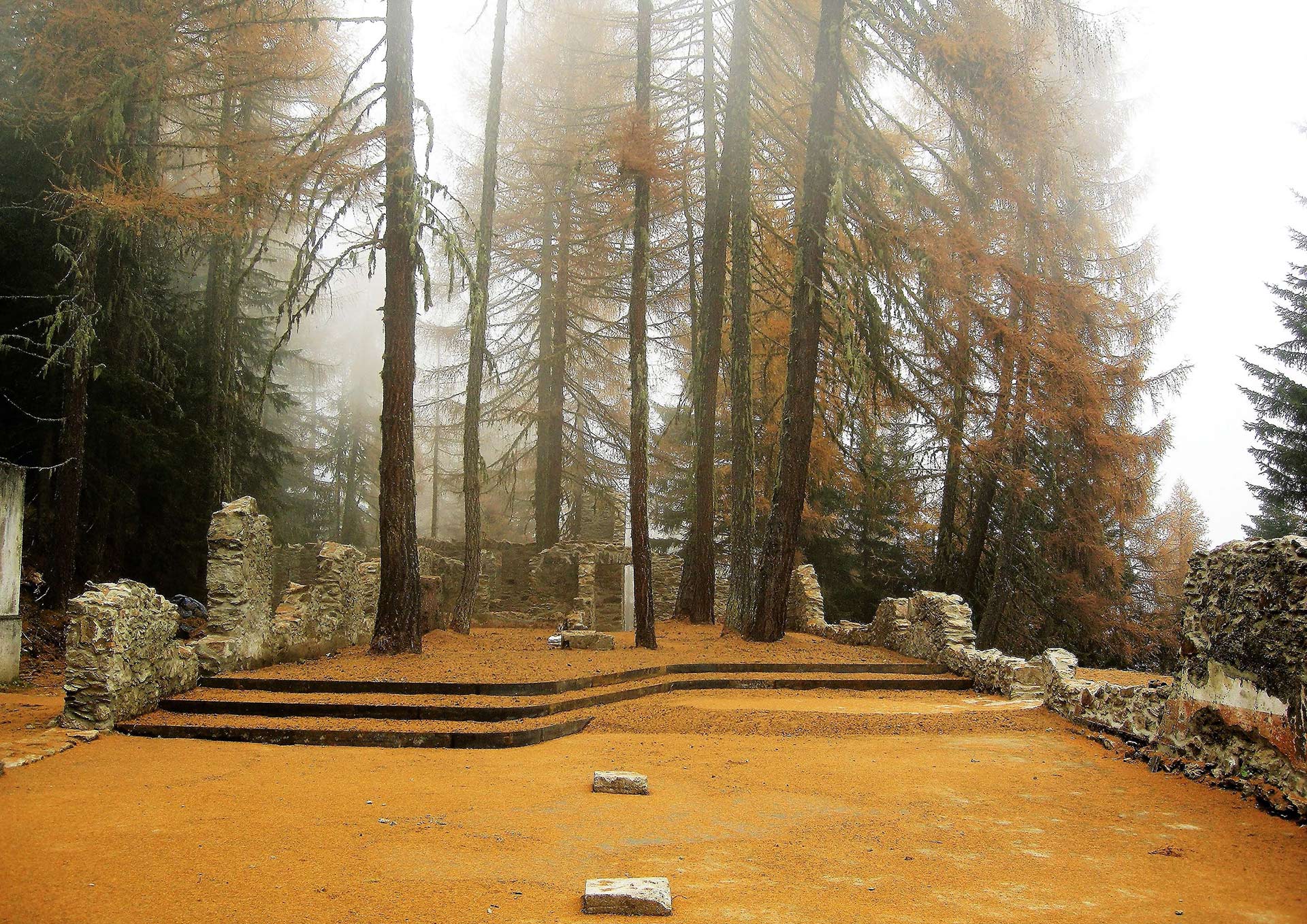
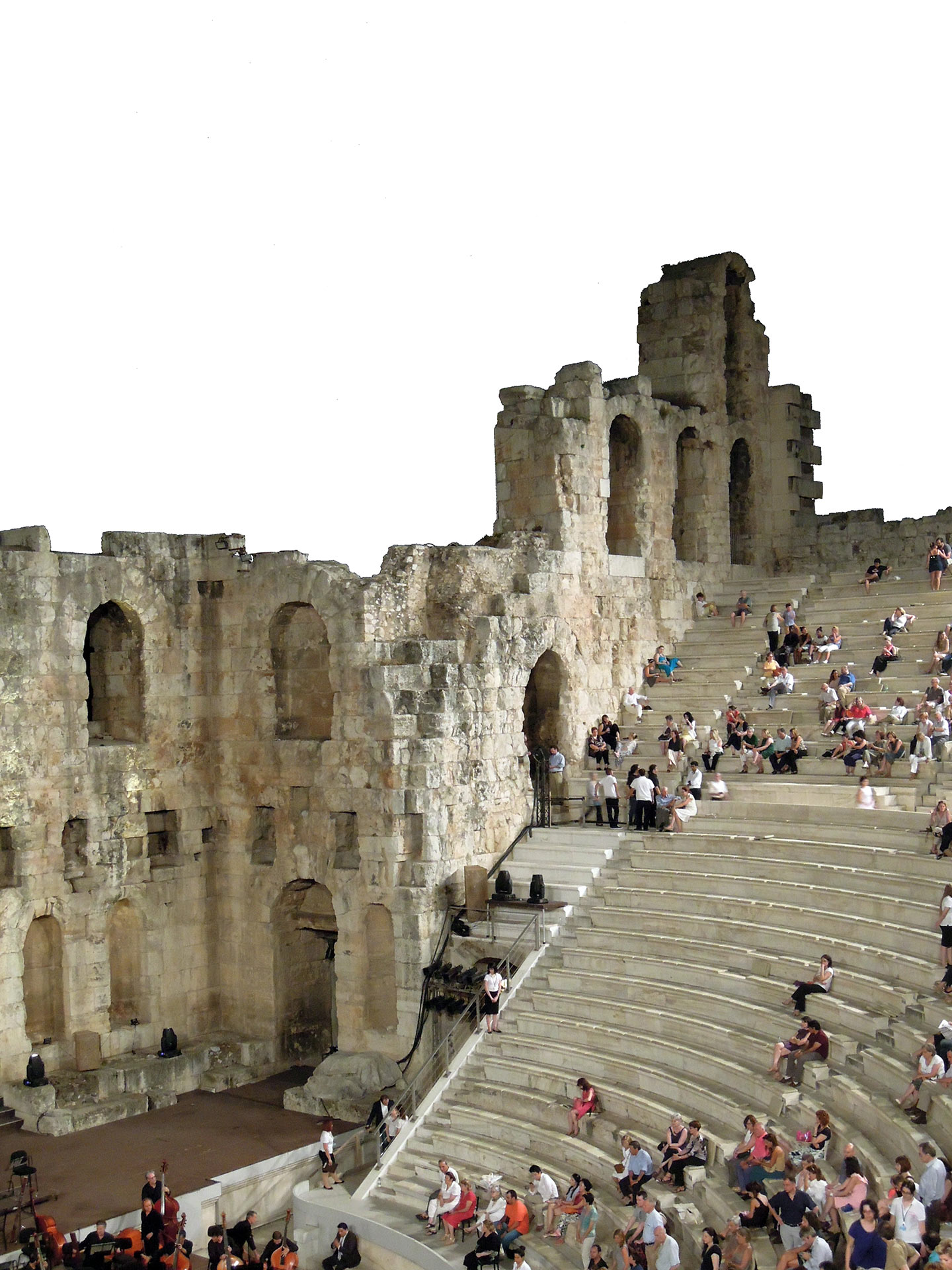
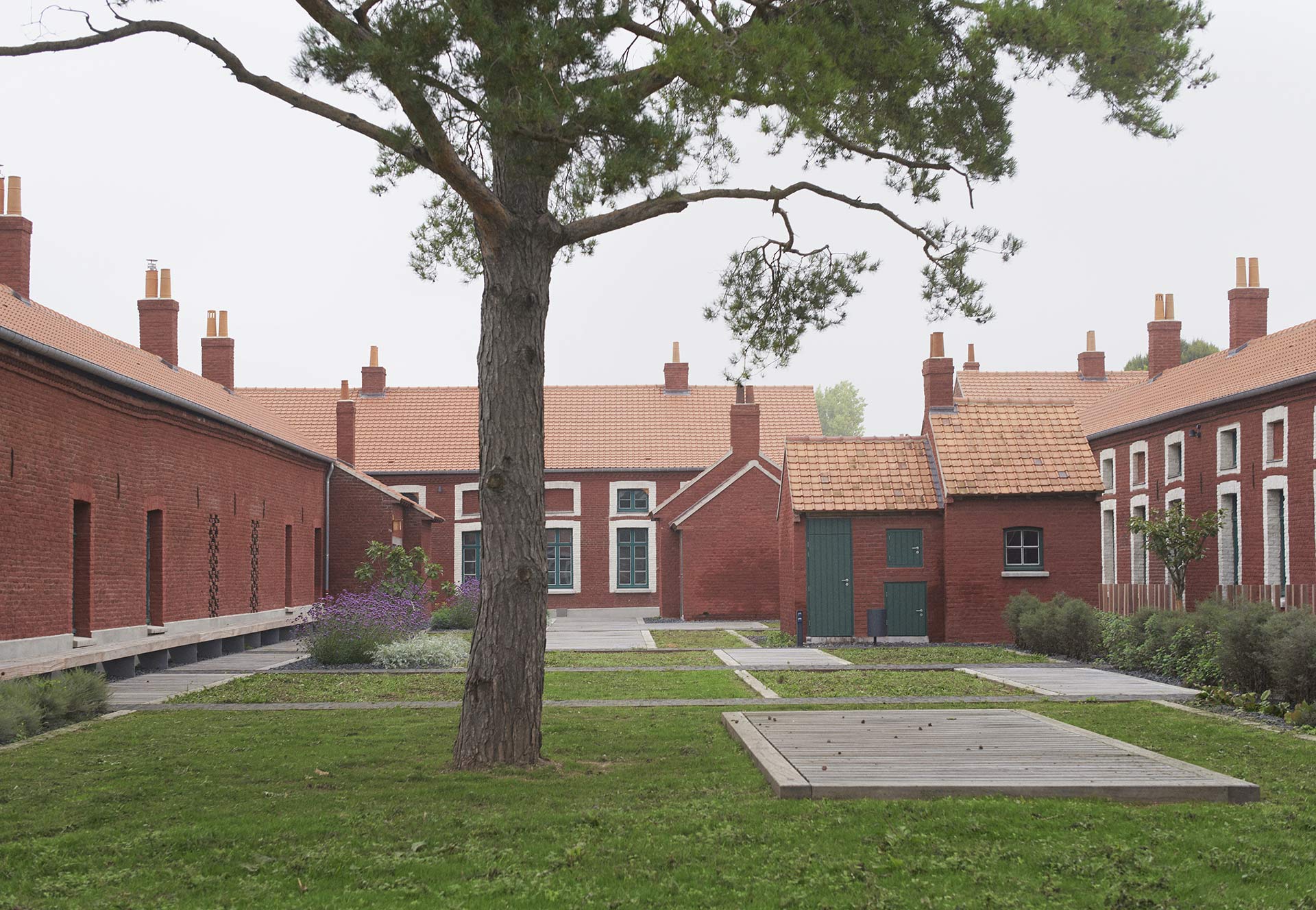
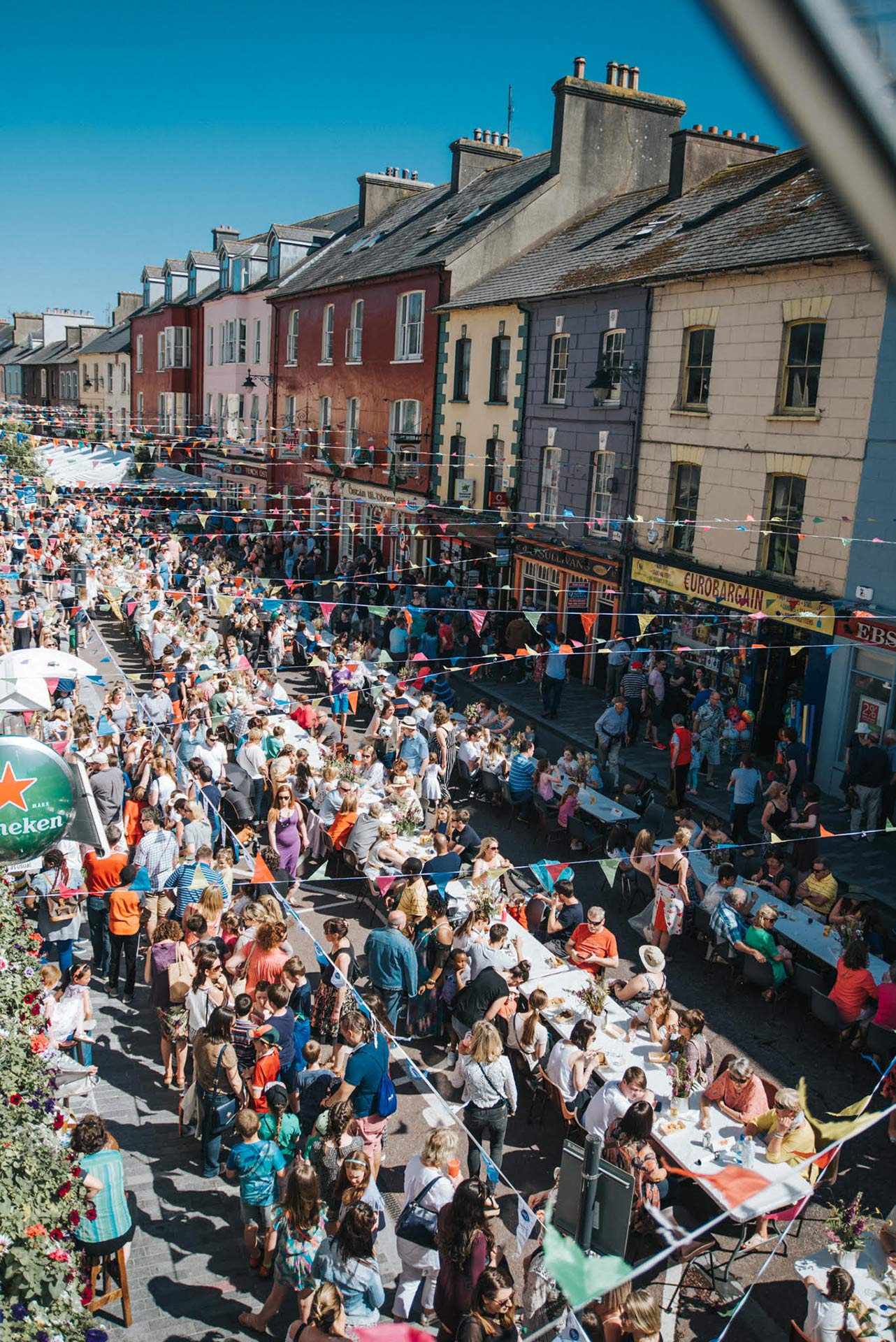
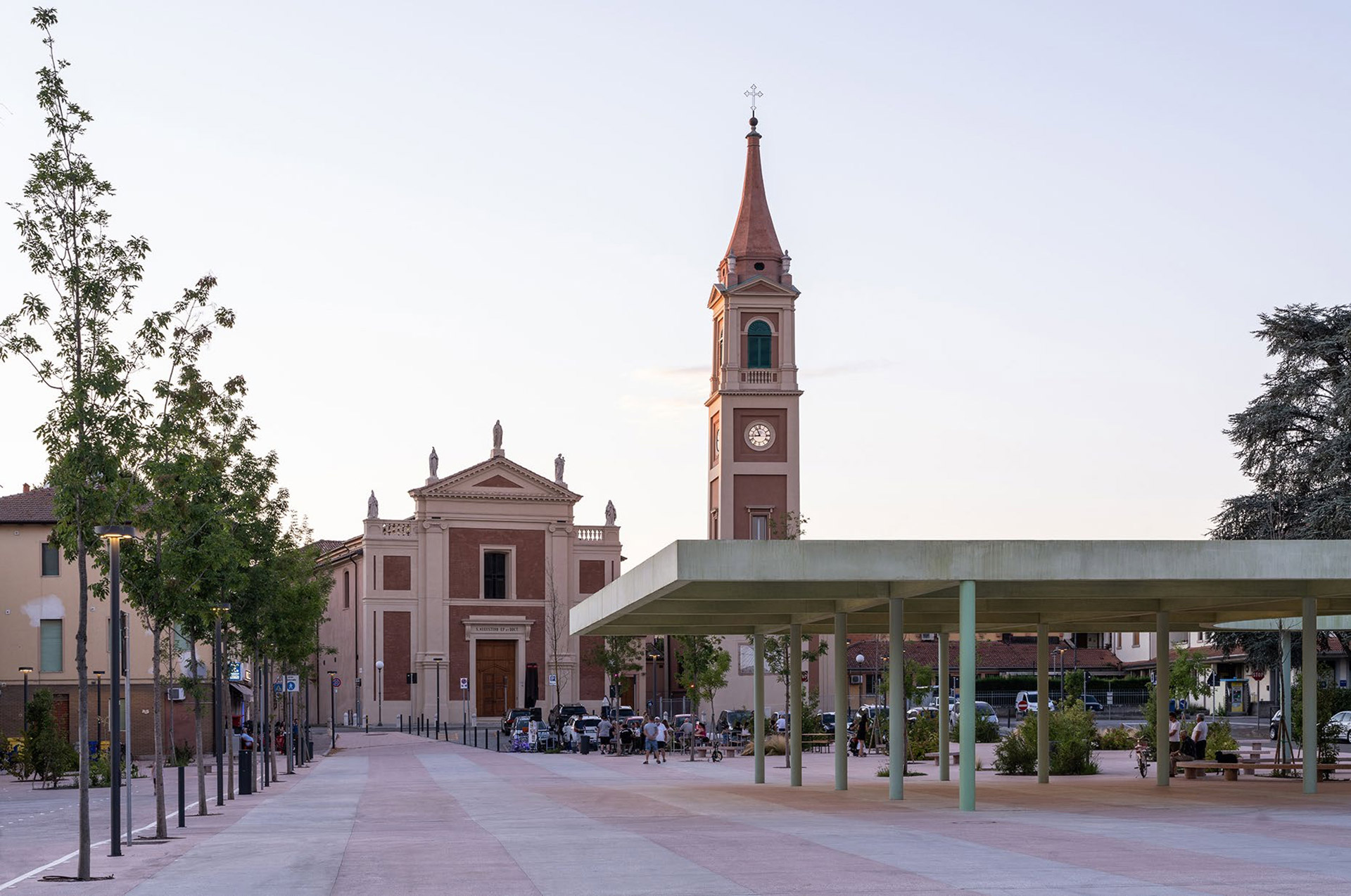
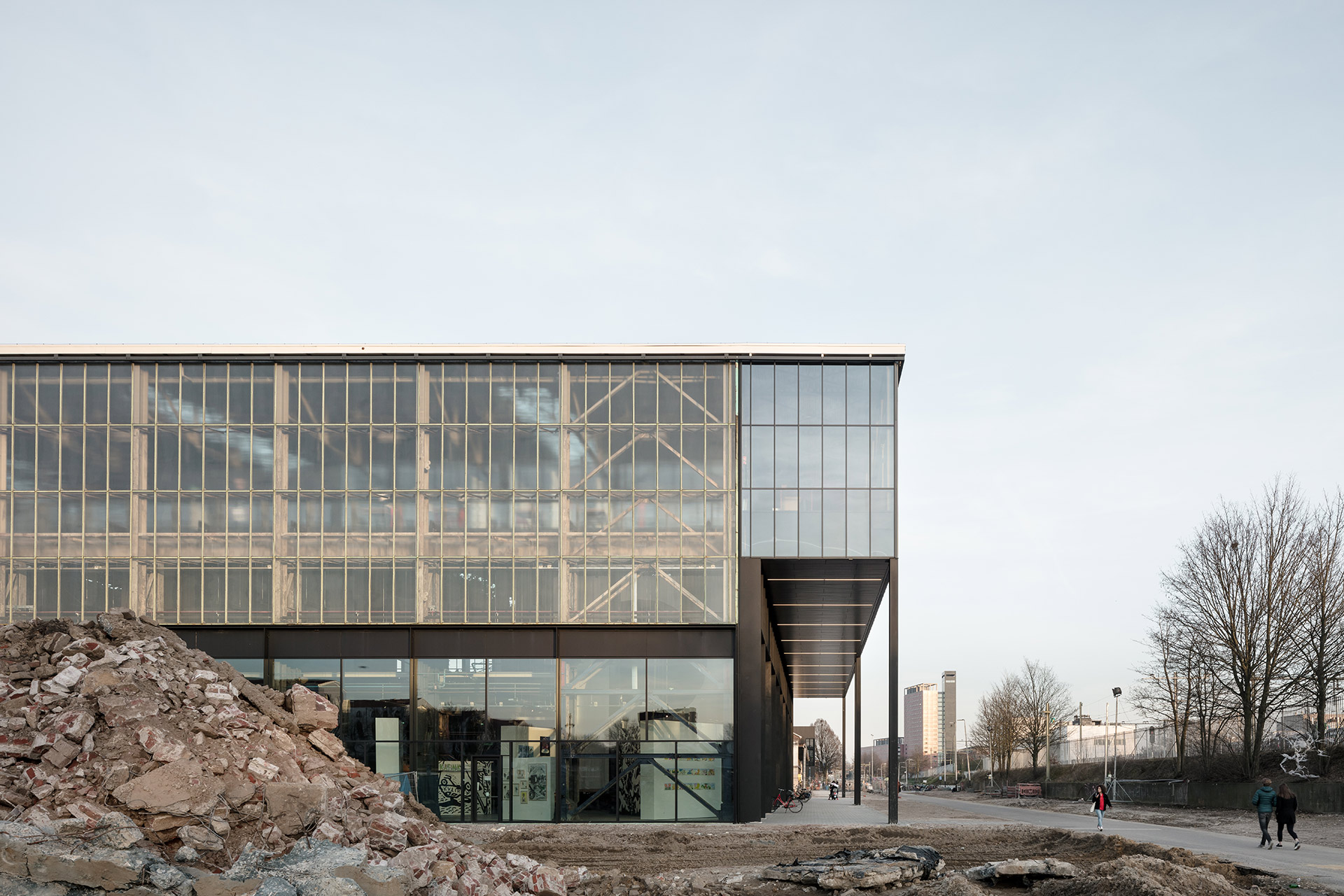
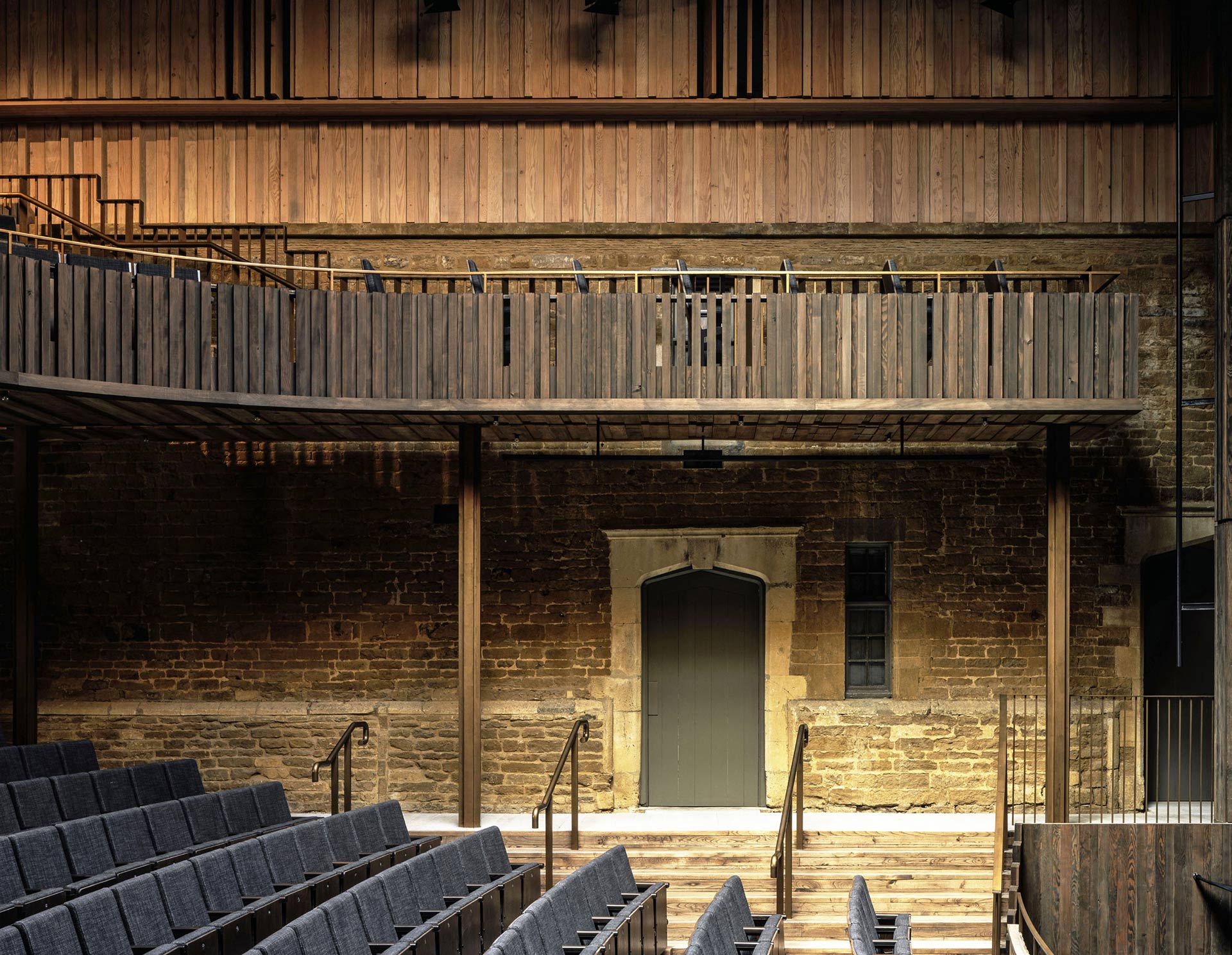
A selection of projects submitted to the previous editions of the Gubbio Prize. 2018:
ECÒL, ex-aequo Winners of the Italian Section (© A. Morganti);
Art&Craft, ex-aequo Winners of the Italian Section;
B. Di Palma, ex-aequo Winner of the University Section, Doctoral and Master’s Thesis;
AAPP, Honorable Mention in the European Section (© J. Lanoo);
Giulia Vallone, Winner of the European Section (© Anna Groniecka). 2021:
E. Dusi, M. Ghidoni, A. Checchin/Sinergo SpA, Winners of the Italian Section (© M. Cappelletti);
Civic Architects, Winners of the European Section (© S. Bollaert);
Witherford Watson Mann Architects, Honorable Mention in the European Section (© M. Barczewski).
Since 2018 Nicola Russi has been the director of the Gubbio Prize, previously chaired by Franco Mancuso (Italian Section) and Paola Falini (European Section). Alessandro Benetti is the prize coordinator. The prize is organized with the support of the City of Gubbio.
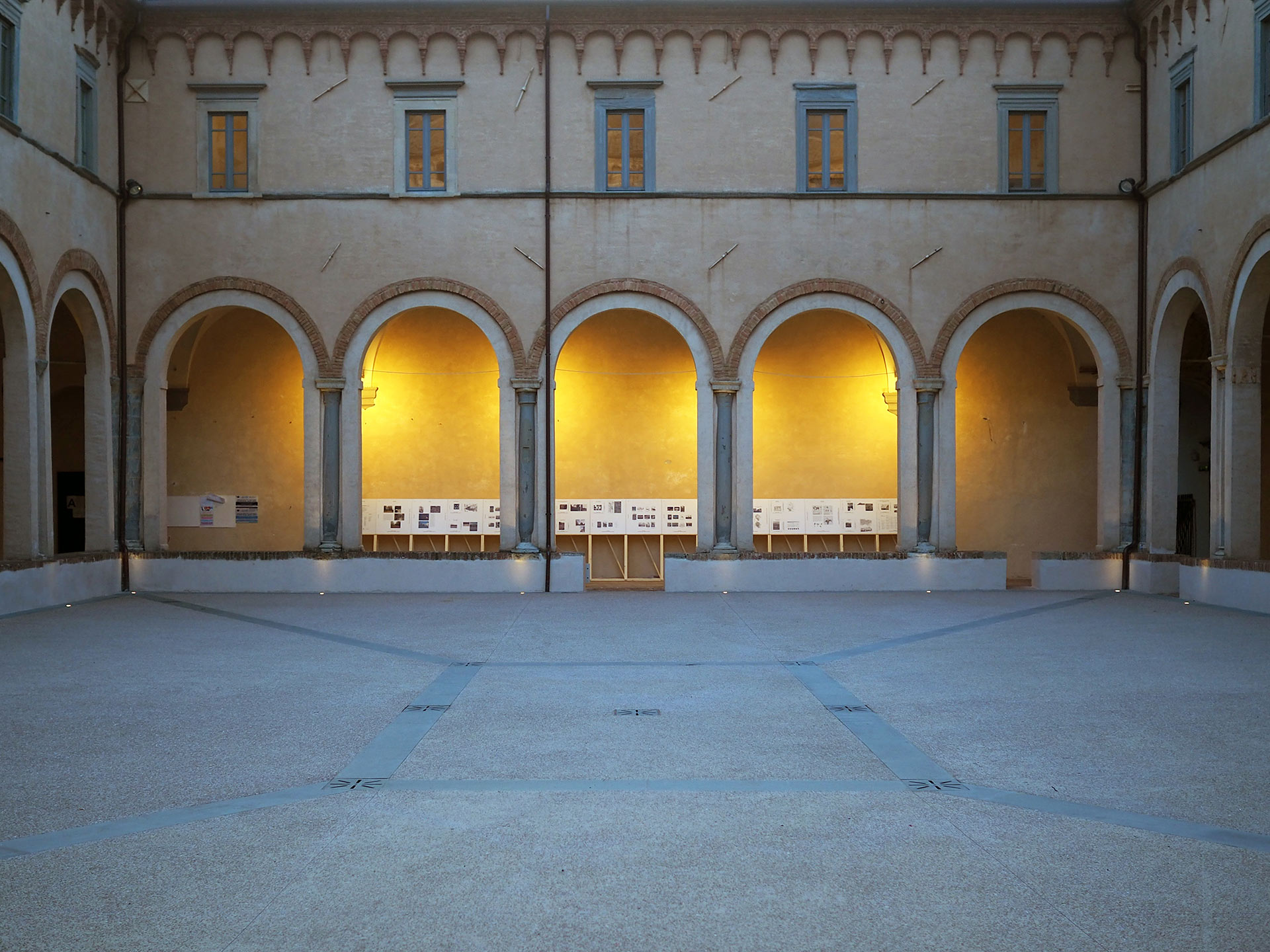
The award ceremony and exhibition of the Gubbio Prize results take place in December in the halls and cloister of the Sperelliana Library. In this image, the 2018 installation, designed by Luca Cerinza/OKAM Studio. © Luca Cerinza/ANCSA
Throughout its history, the Gubbio Prize has broadened its thematic and geographical horizons, accompanying the evolutions and trajectories of the debate on historic cities and territories. The European Section was established in 1993, while the parallel activities of the Gubbio Latin American and Caribbean Prize started in 2009. They are organized in collaboration with ANCSA’s South American partners, in keeping with the association’s scope and objectives.
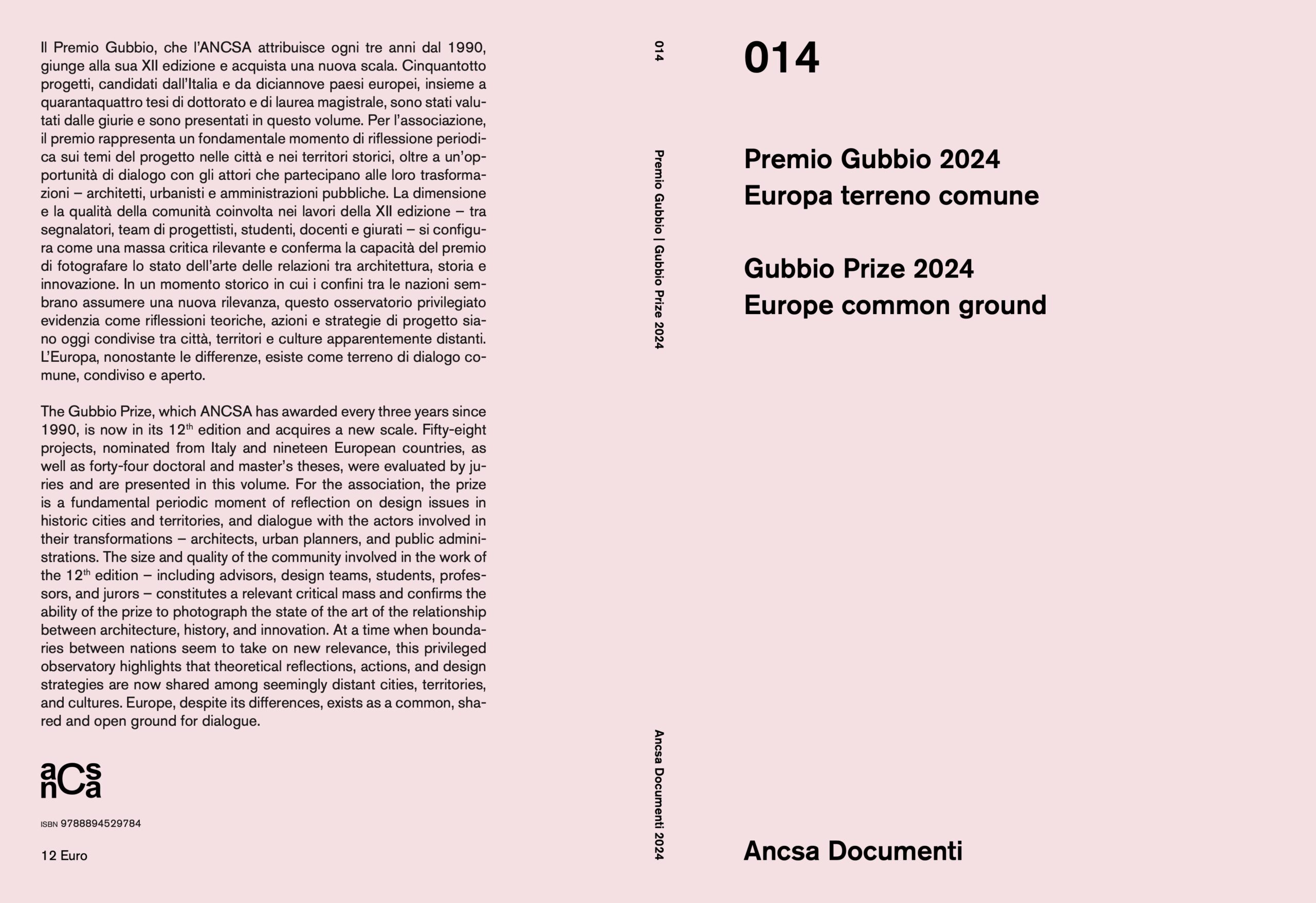
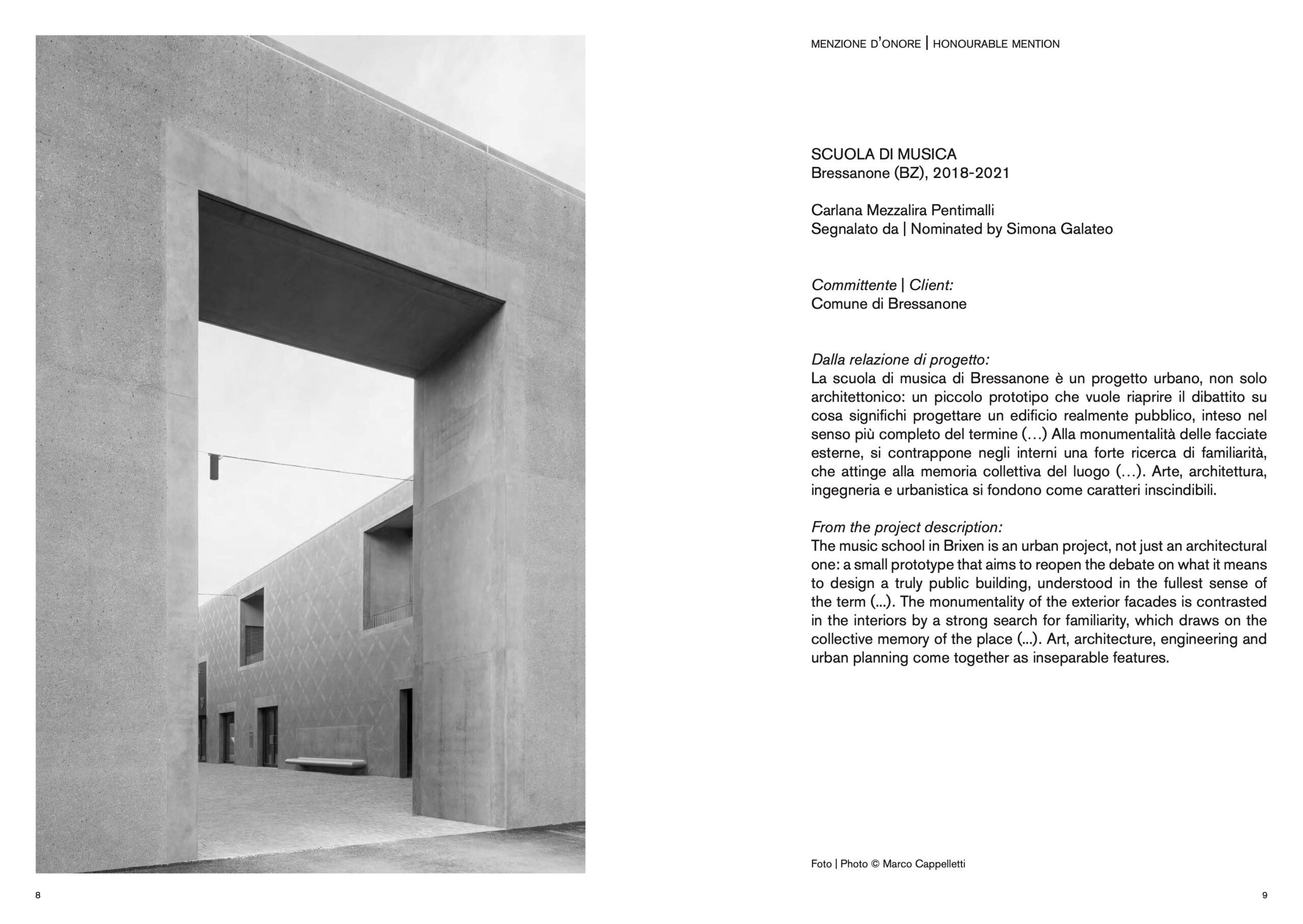
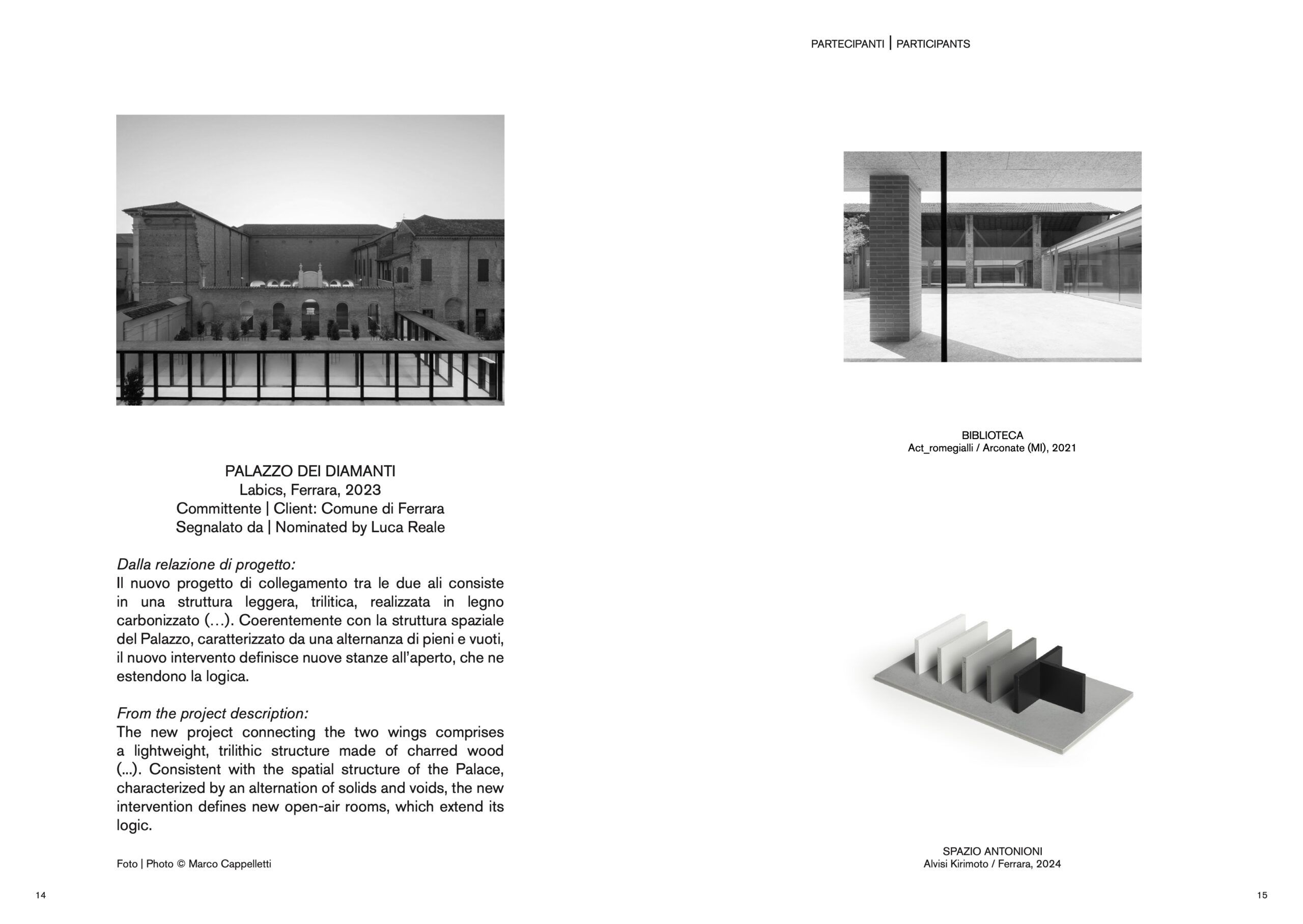
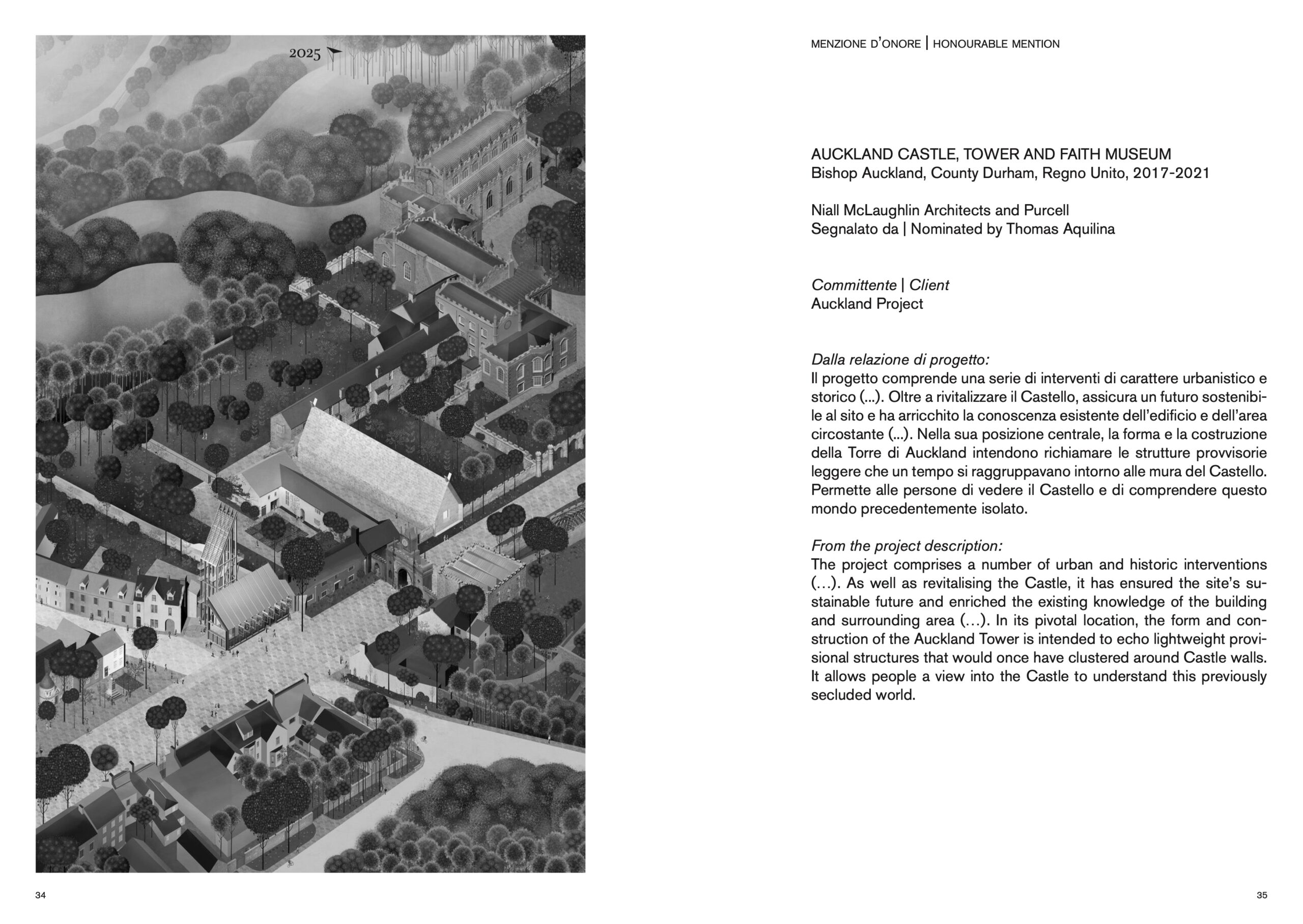
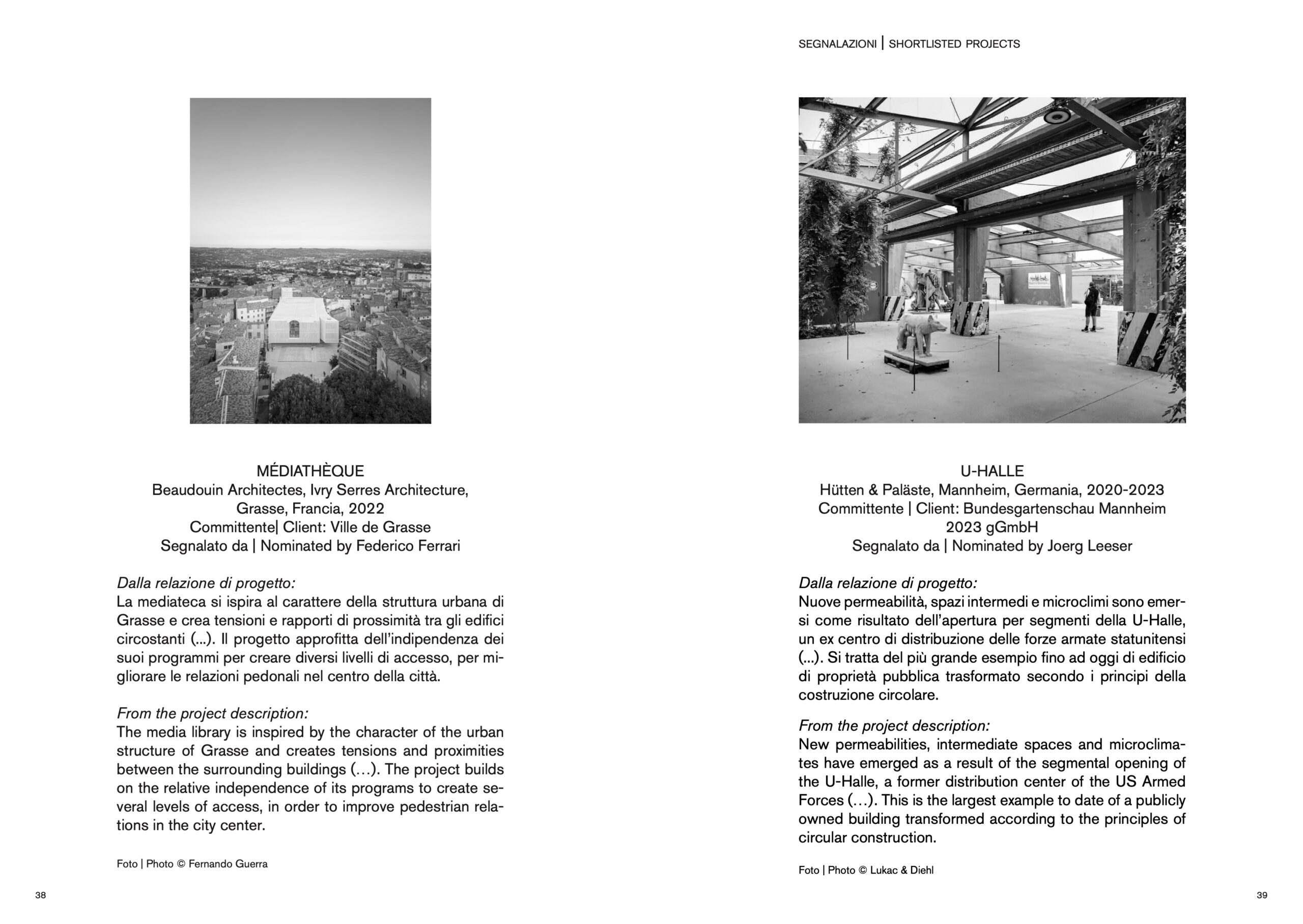
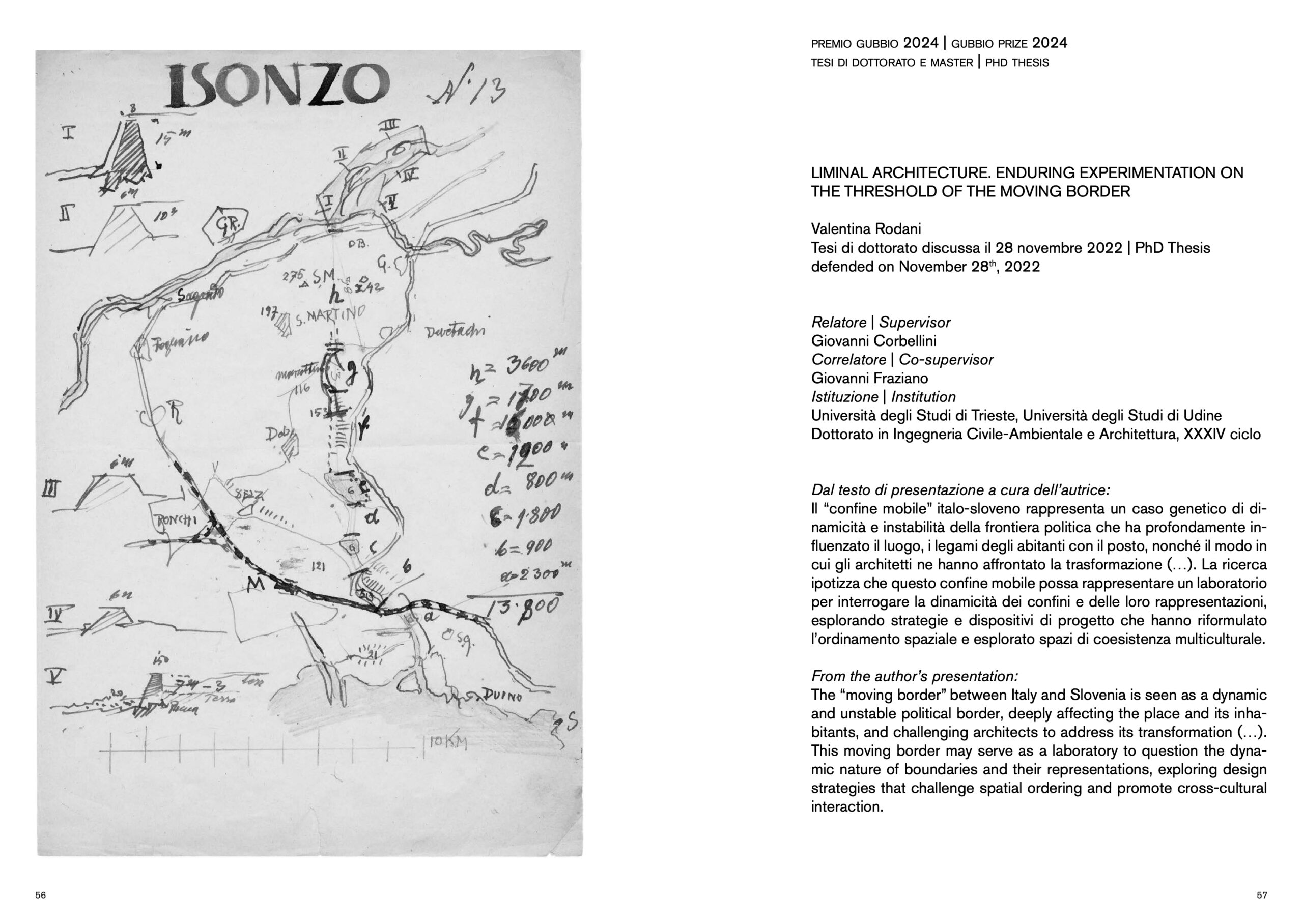
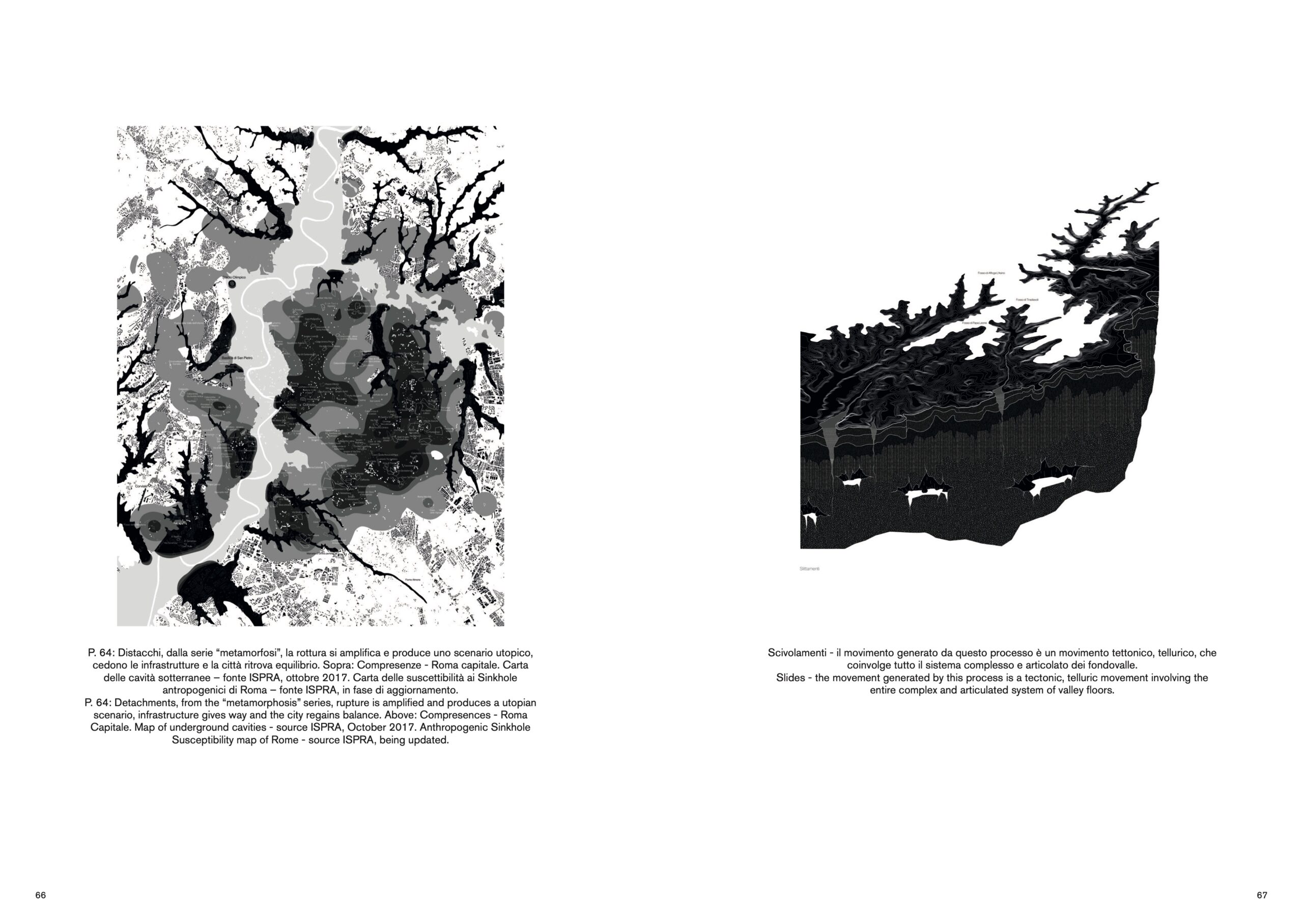
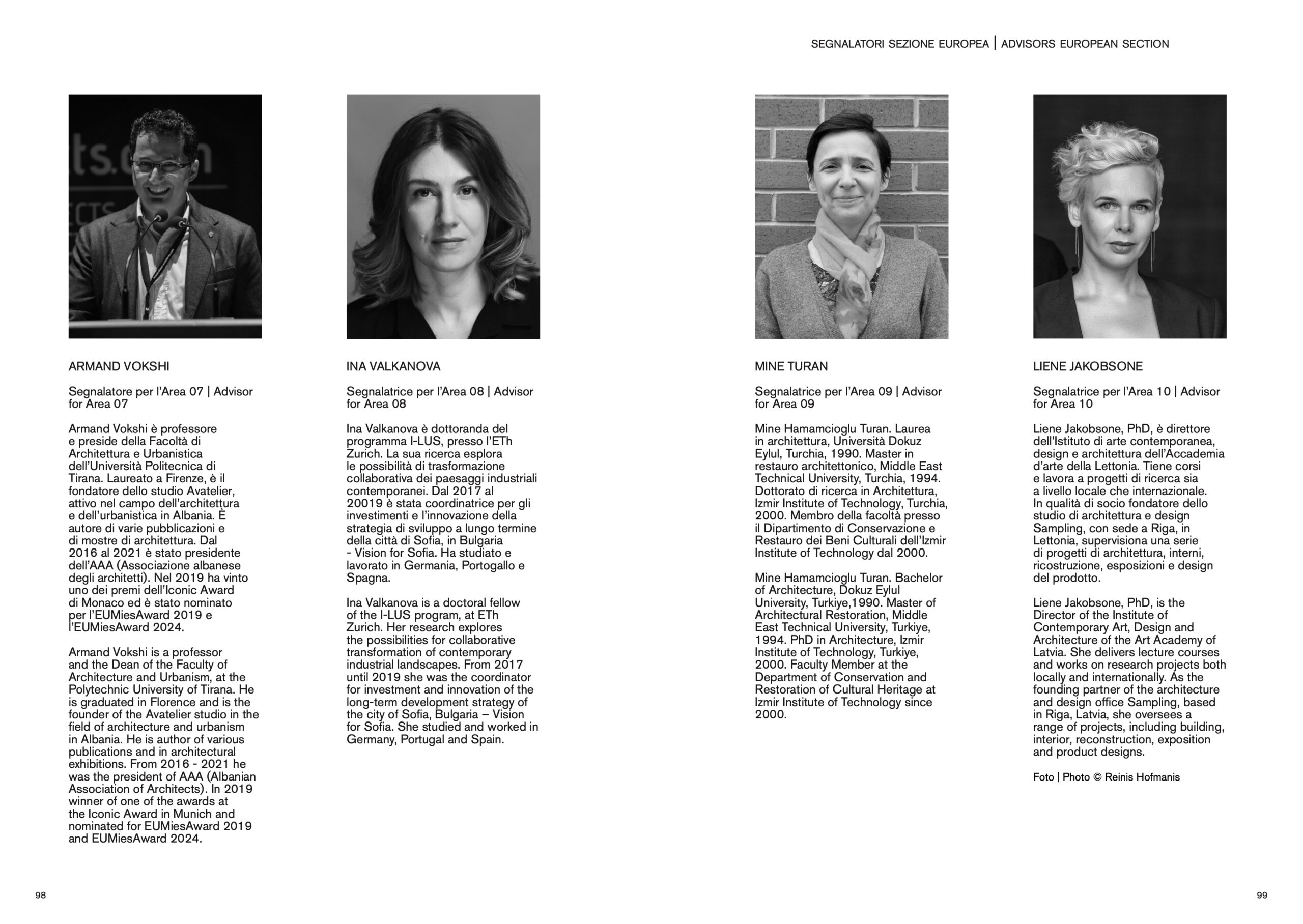
The results of each edition of the Gubbio Prize are collected in a catalog, published in the ANCSA Documenti series. In these images, some pages from the catalog of the 12th edition, held in 2024.
The Gubbio Prize is one of the most important initiatives promoted by ANCSA. The association was founded precisely in Gubbio in 1961, with the aim of promoting cultural and practical initiatives for the preservation and regeneration of urban heritage, in support of the action of public administrations. Giulio Carlo Argan, Giovanni Astengo, Vittoria Calzolari, Antonio Cederna, Bruno Gabrielli, Roberto Gambino, Cesare Macchi Cassia, Giuseppe Samonà and Antonino Terranova were among the association’s most distinguished members.
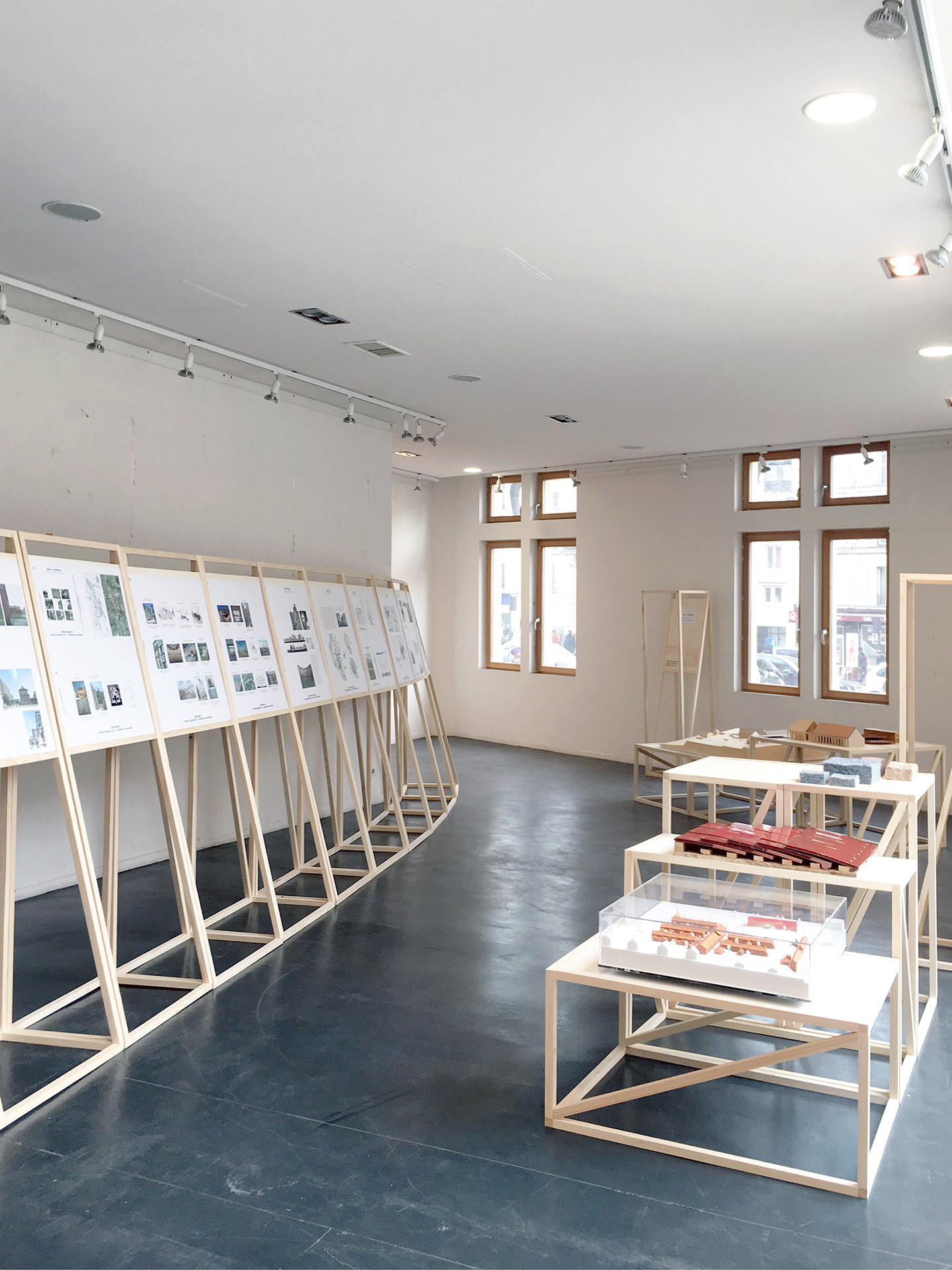
In 2019, the exhibition of the results of the Gubbio Prize’s 10th edition was also revived at ENSA Belleville in Paris, in collaboration with the Parisian association Architecture Patrimoine Continuité. In this image, the set-up designed by Luca Cerinza/OKAM Studio and adapted by oblò – atelier d’architettura. © ANCSA
Since its creation, ANCSA has constituted itself as a space for dialogue between those who design historic cities and territories – architects, urbanists, planners, landscape architects – those who govern them – municipal, regional and supra-local administrations – and those who reflect and research on these issues – theorists, historians and critics. Since 2021 Filippo Stirati, in its capacities of the mayor of Gubbio, has been president of the association, Stefano Storchi is vice president, and Marika Fior is the general secretary. The members of ANCSA’s Board of Directors are: Alessandro Benetti, Letizia Carrera, Bruna di Palma, Nicola Russi, Fabrizio Toppetti, Mauro Volpiano, the municipalities of Asolo, Bergamo, Bologna, Livorno, Modena, Parma, the Tuscany region, and the Parco dei colli di Bergamo. More information on ANCSA’s history and current events can be found at www.ancsa.it.
The Gubbio Prize turned 25 years old in 2015. On that occasion, ANCSA organized a major exhibition at the Palazzo della Ragione in Bergamo: “Living the City,” curated by Franco Mancuso, Nicola Russi, Stefano Storchi, Fabrizio Toppetti, and Mauro Volpiano. Video © Cameranebbia



 Catalog
Catalog